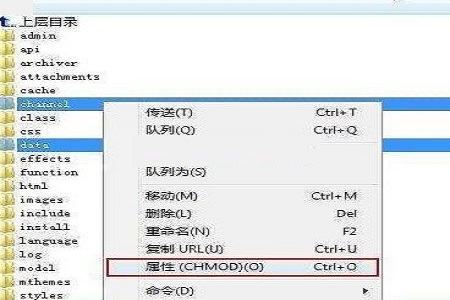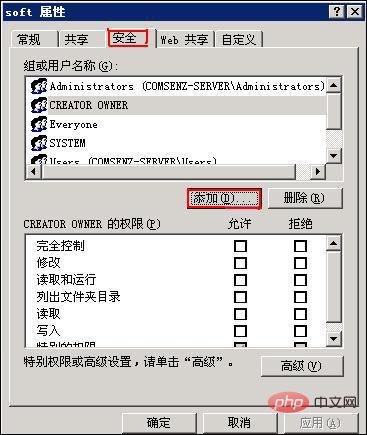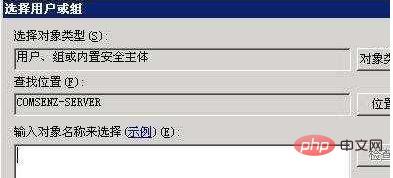Home >Operation and Maintenance >Windows Operation and Maintenance >What does 777 permission mean?
What does 777 permission mean?
- 云罗郡主Original
- 2018-12-14 17:41:3023551browse

1: What does 777 permission mean?
777 permission is for the user to write, read and other functions on the corresponding file. Operation permissions, 7 means all permissions. If the website does not have 777 permissions, the website may report an error and cannot be executed. For example, cache files on the website must require 777 permissions. [Recommended reading:2: How to modify 777 permissions
1.Linux operating system Modification method


The above is the detailed content of What does 777 permission mean?. For more information, please follow other related articles on the PHP Chinese website!
Statement:
The content of this article is voluntarily contributed by netizens, and the copyright belongs to the original author. This site does not assume corresponding legal responsibility. If you find any content suspected of plagiarism or infringement, please contact admin@php.cn
Previous article:What does second-level domain name mean?Next article:What does second-level domain name mean?
Related articles
See more- Tutorial on turning off the blurry frosted glass effect in Win10 NEON
- Share two solutions to the problem of computer crash when opening IE browser in windowsxp
- How to solve the problem that the value cannot be created in Win7 system when installing the software?
- Use bat batch file to operate windows example code
- Detailed tutorial on how to use test code for Windows 8 development

